10 Symptoms of Lewy Body Dementia
Lewy body dementia (LBD) is a progressive neurological disorder that affects cognitive function, behavior, and motor skills. It is the third most common cause of dementia, after Alzheimer’s disease and vascular dementia[[1]]. This article will discuss 10 common symptoms of LBD, which can help in early detection and management of the condition.
Cognitive Impairment
Cognitive impairment is a hallmark of LBD, with individuals experiencing problems with attention, memory, and problem-solving skills. These issues can fluctuate throughout the day, making it difficult for the person to complete daily tasks[[1]].
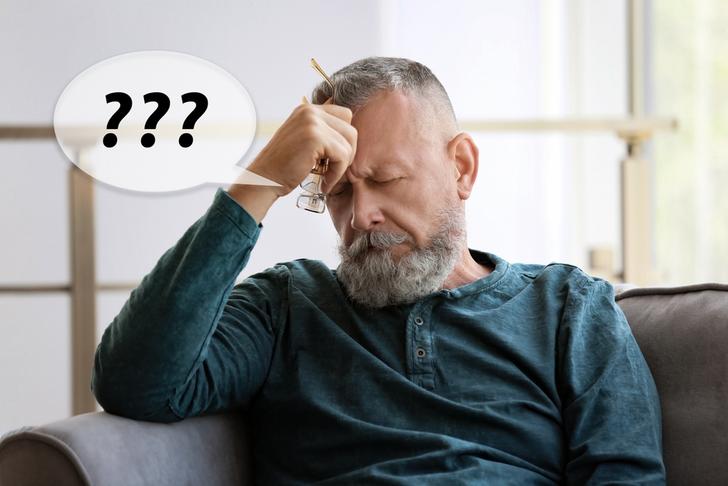
Advertisement
Visual Hallucinations
Visual hallucinations are a common symptom of LBD, with individuals often seeing people, animals, or objects that are not there. These hallucinations can be vivid and detailed, and may cause distress or agitation[[2]].

Advertisement
Parkinsonism
Parkinsonism refers to the presence of motor symptoms similar to those seen in Parkinson’s disease, such as muscle stiffness, tremors, and slow movement. These symptoms can make it difficult for individuals with LBD to perform daily activities and maintain their balance[[1]].

Advertisement
Sleep Disturbances
Individuals with LBD often experience sleep disturbances, including insomnia, excessive daytime sleepiness, and REM sleep behavior disorder. REM sleep behavior disorder causes individuals to physically act out their dreams, which can lead to injuries and disrupted sleep[[2]].
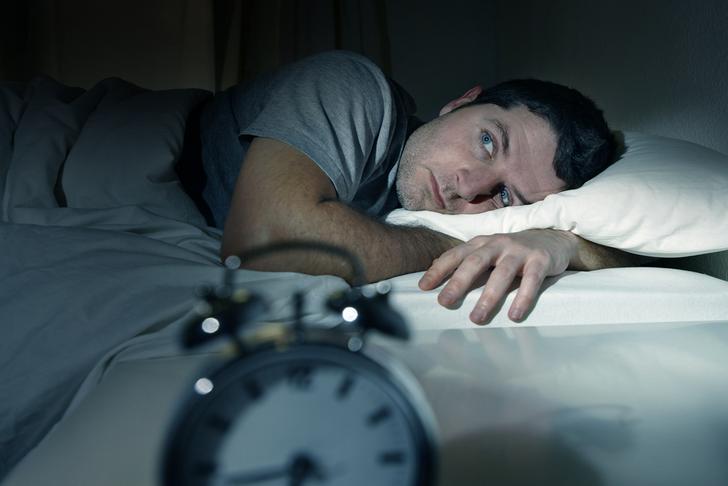
Advertisement
Autonomic Dysfunction
Autonomic dysfunction refers to problems with the body’s automatic functions, such as blood pressure regulation, digestion, and bladder control. This can result in symptoms like dizziness, constipation, and urinary incontinence[[3]].
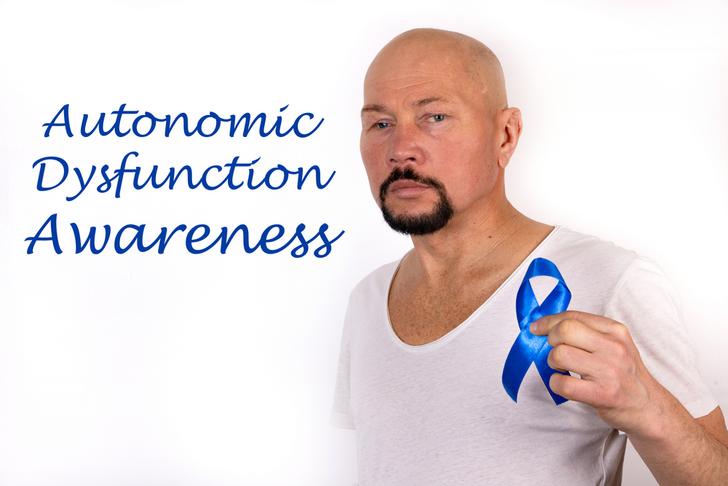
Advertisement
Mood Changes
Mood changes, including depression and anxiety, are common in individuals with LBD. These mood changes can be exacerbated by the cognitive and motor symptoms of the condition, as well as the social isolation that often accompanies a dementia diagnosis[[1]].

Advertisement
Apathy
Apathy, or a lack of motivation and interest in activities, is a common symptom of LBD. This can make it difficult for individuals to engage in social activities and maintain their relationships, leading to further isolation and depression[[2]].

Advertisement
Agitation
Agitation and irritability are common behavioral symptoms of LBD. These symptoms can be triggered by changes in routine, unfamiliar environments, or the presence of hallucinations, and can make it challenging for caregivers to provide support[[3]].

Advertisement
Delusions
Delusions, or false beliefs, are another common symptom of LBD. These delusions can be paranoid in nature, with individuals believing that they are being persecuted or that their belongings are being stolen[[1]].
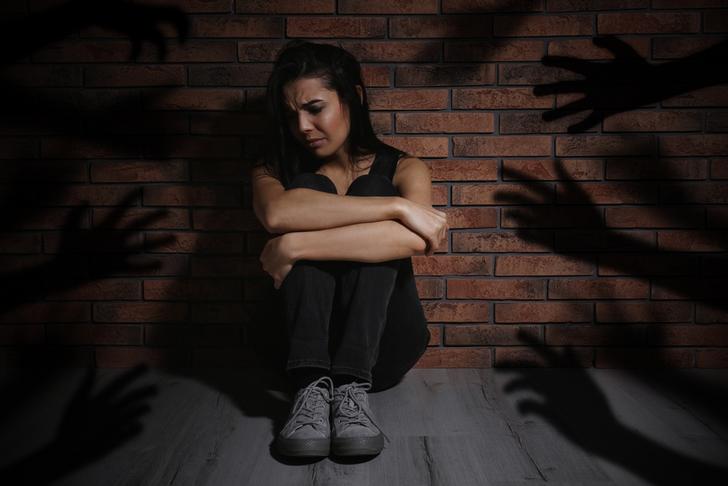
Advertisement
Sensitivity to Medications
Individuals with LBD may be more sensitive to certain medications, particularly antipsychotic drugs used to treat hallucinations and delusions. This sensitivity can lead to severe side effects, including worsening of motor symptoms and increased confusion[[2]].

Advertisement
Causes of Lewy Body Dementia
The exact cause of Lewy body dementia (LBD) is not fully understood. It’s believed to be linked to abnormal microscopic deposits in the brain known as Lewy bodies, which are made up of a protein called alpha-synuclein. These deposits are also found in Parkinson’s disease, which shares some of the symptoms and changes seen in LBD.
Risk factors for developing LBD may include age (it’s more common in people over 60), being male, and having a family member with LBD, Parkinson’s disease, or Alzheimer’s disease. However, it’s important to note that while these factors may increase a person’s risk, they do not guarantee that a person will develop LBD.
Advertisement
Treatments for Lewy Body Dementia
There is currently no cure for Lewy body dementia, but symptoms can be managed with treatment. Here are some of the most common treatments:
Medications: Cholinesterase inhibitors, commonly used in Alzheimer’s disease, can also help improve cognitive symptoms in LBD. Parkinson’s disease medications may help manage movement symptoms, while antipsychotic medications can be used to manage hallucinations and other psychiatric symptoms, although these must be used cautiously due to potential severe side effects.
Physical Therapy: This can help manage movement problems, improve mobility and strength, and reduce the risk of falls.
Occupational Therapy: This can help the person with LBD manage daily activities and maintain independence for as long as possible.
Speech Therapy: This can help manage problems with speech and swallowing that can occur in LBD.
Supportive Care: This includes ensuring a safe and supportive environment, regular routines, healthy nutrition, and social engagement, as well as support for caregivers.
Advertisement
Conclusion
Recognizing the symptoms of Lewy body dementia is the first step towards managing this complex condition. If you or a loved one are experiencing any of these symptoms, it’s important to seek a thorough evaluation from a healthcare professional. With an accurate diagnosis, appropriate treatment strategies can be implemented to manage symptoms and improve quality of life. Remember, while there is currently no cure for Lewy body dementia, effective symptom management can significantly enhance comfort and well-being for those living with this condition. It’s equally crucial to provide adequate support and resources for caregivers, as they play a vital role in the care of individuals with Lewy body dementia.
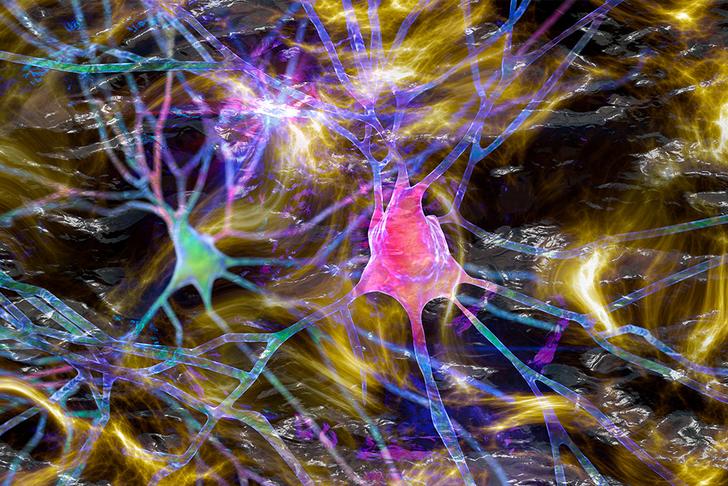
Advertisement





